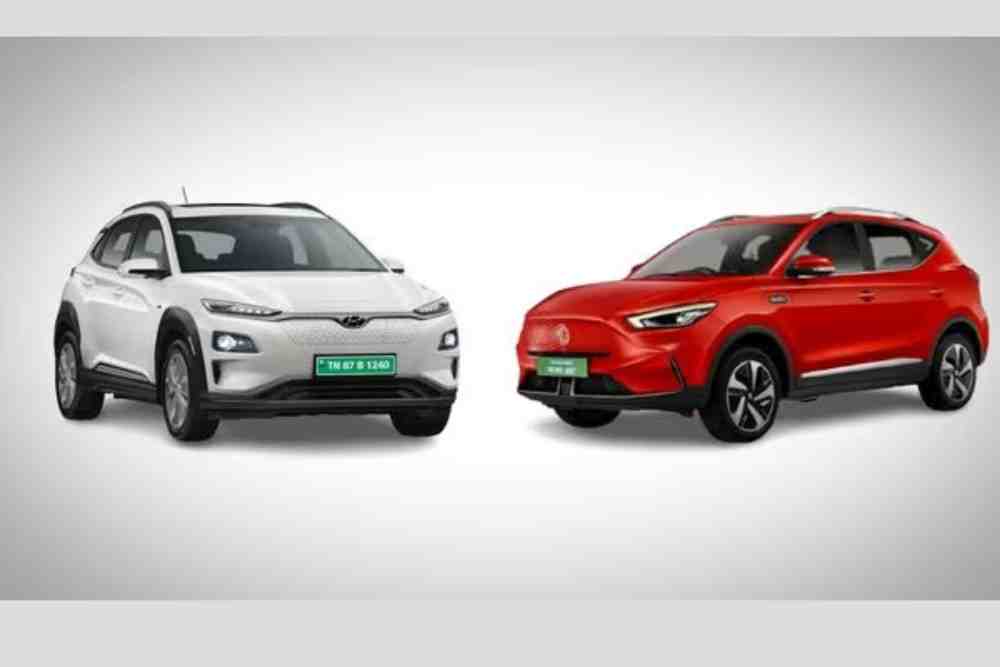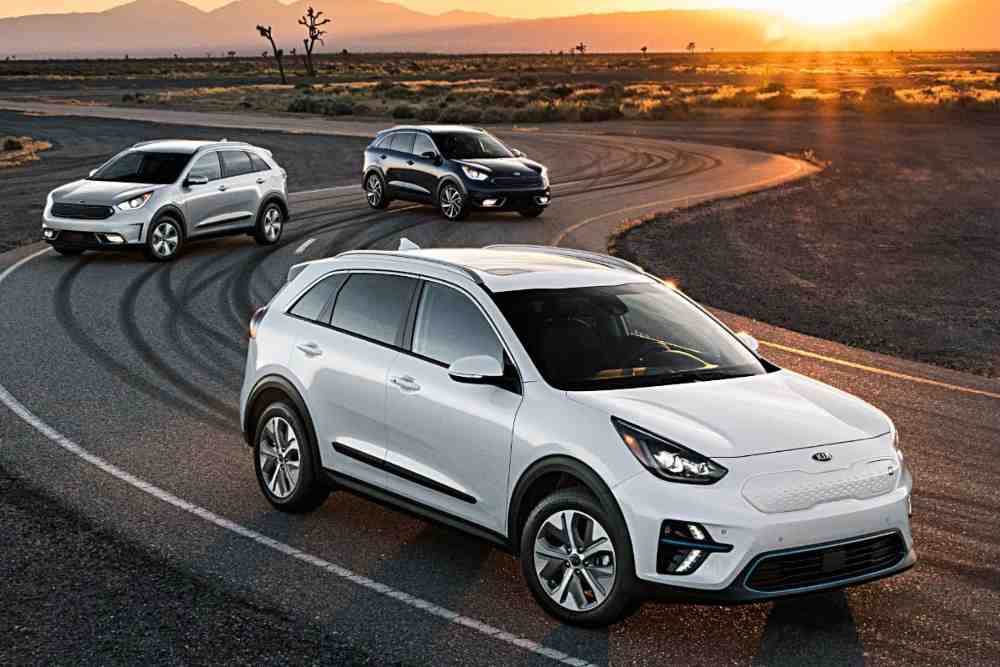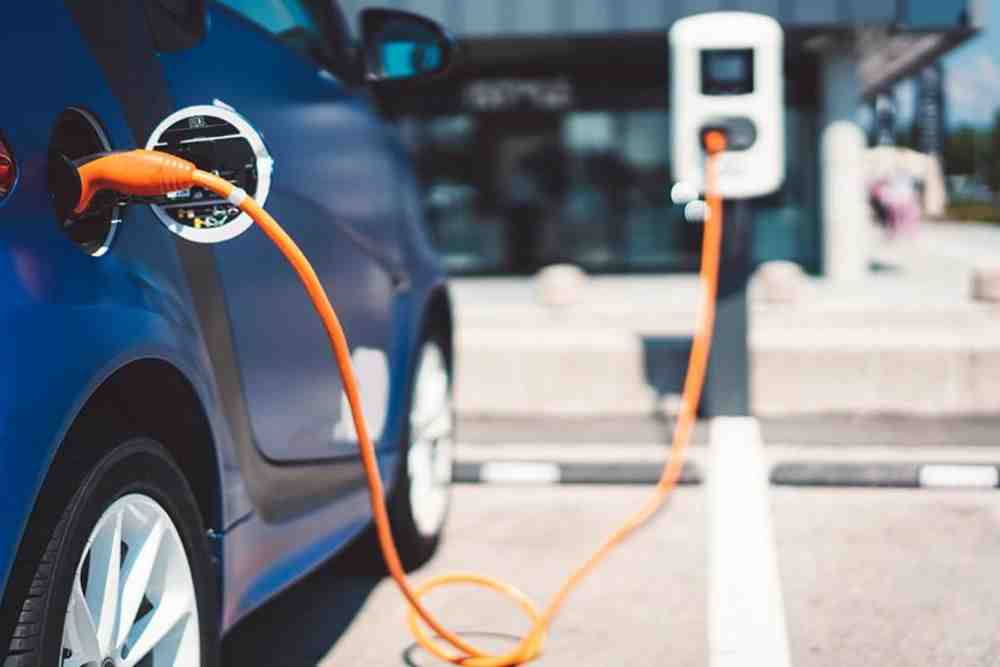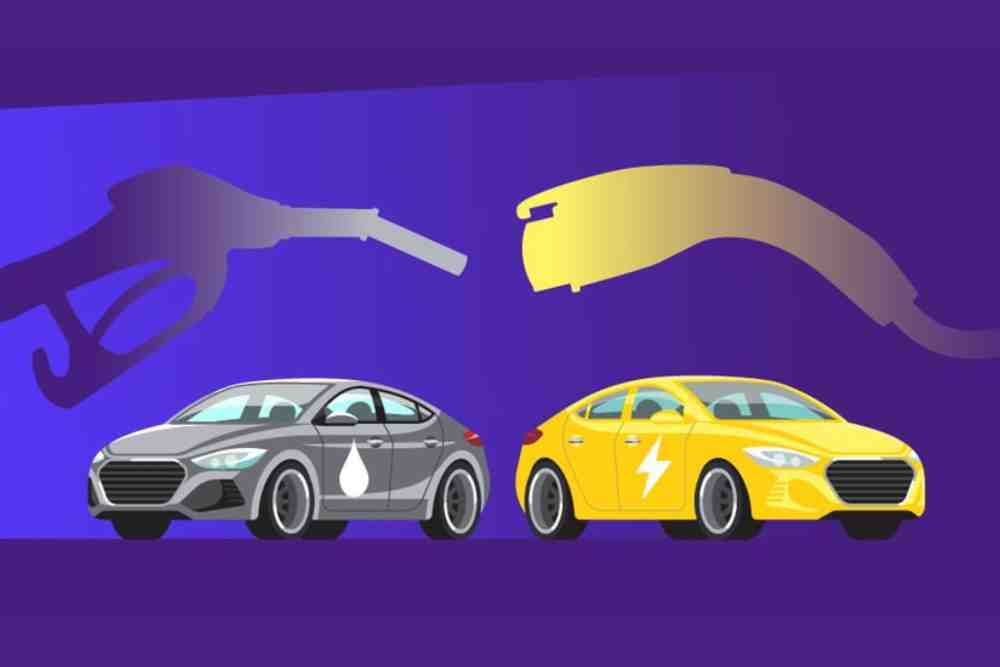Definition of better is subjective according to each individual. When it is about the choice of things you dreamt of possessing, the word better won’t be enough. In the era of automobiles transitioning and innovating within the blink of an eye, the debate over ‘Best/Better’ is constantly undergoing variations. Now, the auto-tech world is arguing on hybrid-EV vehicles.
The auto industry’s move towards zero-emission vehicles is now basically inevitable. But there’s still a long way to go. A hybrid vehicle gives the experience of ICE and the benefit of EV with the push of a button. For potential buyers who find EVs expensive and gas prices proscriptive, hybrids are the best choices to fit in within the limited budget.

The difference between hybrid and electric cars comes down to how the car is powered. A hybrid is powered by both an internal combustion engine (ICE) and an electric motor, with separate batteries for each. An electric vehicle uses only a battery and an electric motor to run. Both have a lower environmental impact than ICE-only (gas-only) cars, but they differ in upfront cost, driving ranges, maintenance costs, and ease of refueling or charging.

2022 saw the introduction of the brand-new strong-hybrid cars, bringing the price of such vehicles to as low as it has ever been. The Toyota Innova Hycross is the latest hybrid car to be launched in the Indian market. Available with a 2.0-litre petrol hybrid engine producing 186 PS power.

With all the pros and cons of the different types of automobiles, Hybrid vehicles dominate the position. The major reasons backing this dominance are Hybrids have more frequent opportunities to refuel. Recharging an EV may be inconvenient when away from home. Annual fuel costs for a hybrid are typically higher than annual costs for charging an electric car.
Furthermore, the main advantages of a hybrid electric motor include comparatively less gas usage and reduced CO2 emission than traditional gas or diesel-engine cars or SUV. The most recent types of plug-in hybrid electric-hybrid cars are the most effective green automobiles, featuring a much-improved eco-friendly engine.

Speaking about the future of these vehicles and its consumer preferability, S&P Global Mobility estimates hybrids will more than triple over the next five years, accounting for 24% of U.S. new vehicle sales in 2028. Sales of pure electrics will claim about 37%, leaving combustion vehicles — including so-called ‘mild’ hybrids — with a nearly 40% share.
